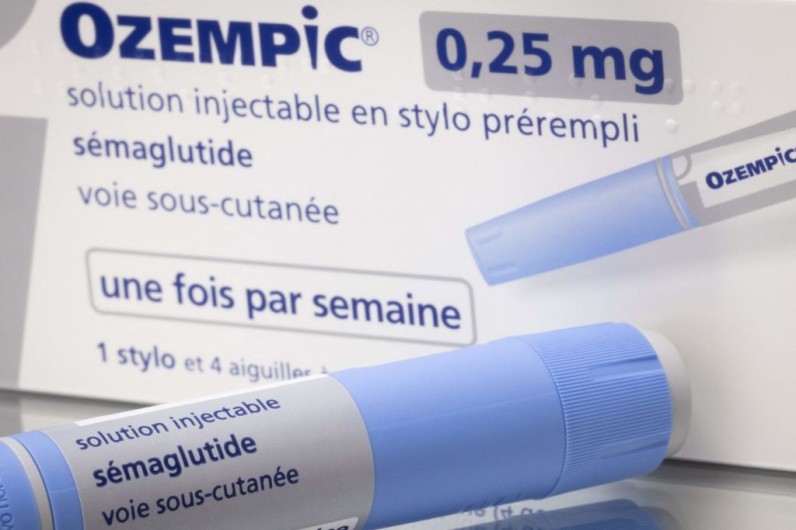
A recent study published on Friday, July 5, found that individuals with type 2 diabetes who are prescribed GLP-1 treatments, such as Ozempic, have a reduced risk of developing 10 different types of cancers associated with obesity. This is in contrast to individuals who are taking insulin and other diabetes medications.
GLP-1 Treatments Show Long-Term Benefits in Blood Sugar Control, Weight Loss
According to Reuters, GLP-1 treatments for type 2 diabetes have been available for almost two decades. The latest generation of medications, like Novo Nordisk's Ozempic and Eli Lilly's Mounjaro, have shown significant improvements in blood sugar control and weight loss. In 2017, Ozempic became the first of the newer generation in its class to receive approval.
In a recent study published in the medical journal JAMA Network Open, researchers analyzed the medical records of 1.6 million patients diagnosed with type 2 diabetes.
These patients had no previous history of 13 different types of cancers associated with obesity, such as gallbladder cancer and kidney cancer.
The study did not provide specific details regarding the GLP-1 medicines used by the patients. However, the records included patients who were taking these medicines, as well as insulin or the diabetes drug metformin, during the period from March 2005 to November 2018. Ozempic received approval from the U.S. Food and Drug Administration in December 2017.
A recent study revealed that patients who received GLP-1 therapy instead of insulin experienced a noteworthy decrease in the risk of developing 10 types of cancer.
Potential Cancer Prevention Benefits of GLP-1 Drugs for High-Risk Populations
The researchers concluded that the findings provide initial evidence of the potential benefits of GLP-1 drugs for cancer prevention in high-risk populations.
Additionally, they emphasized the need for further studies on the newer generation of these medicines to explore their potential cancer preventative effects.
The authors of the study did not disclose any financial support from pharmaceutical companies that promote these medications.
The medications approved for treating obesity have gained significant popularity, resulting in record profits for Novo and Lilly. These medicines have been proven to assist patients in losing an average of 20% of their weight.
Lilly's Mounjaro and weight-loss therapy Zepbound, along with Novo's rival medicines Ozempic and Wegovy, are currently undergoing studies to explore their potential benefits in various health areas, such as alcohol addiction and sleep apnea.
In March, Wegovy was approved by the U.S. Food and Drug Administration to reduce the risk of stroke and heart attack in overweight or obese adults without diabetes.







Join the Conversation